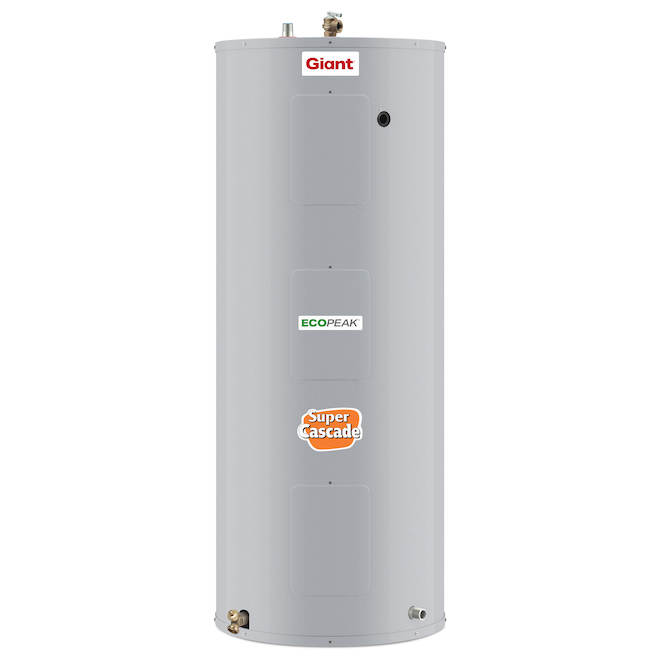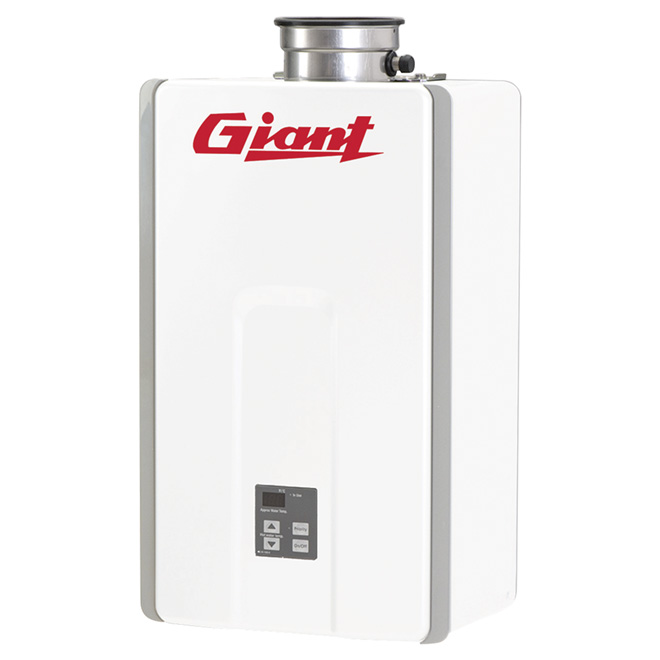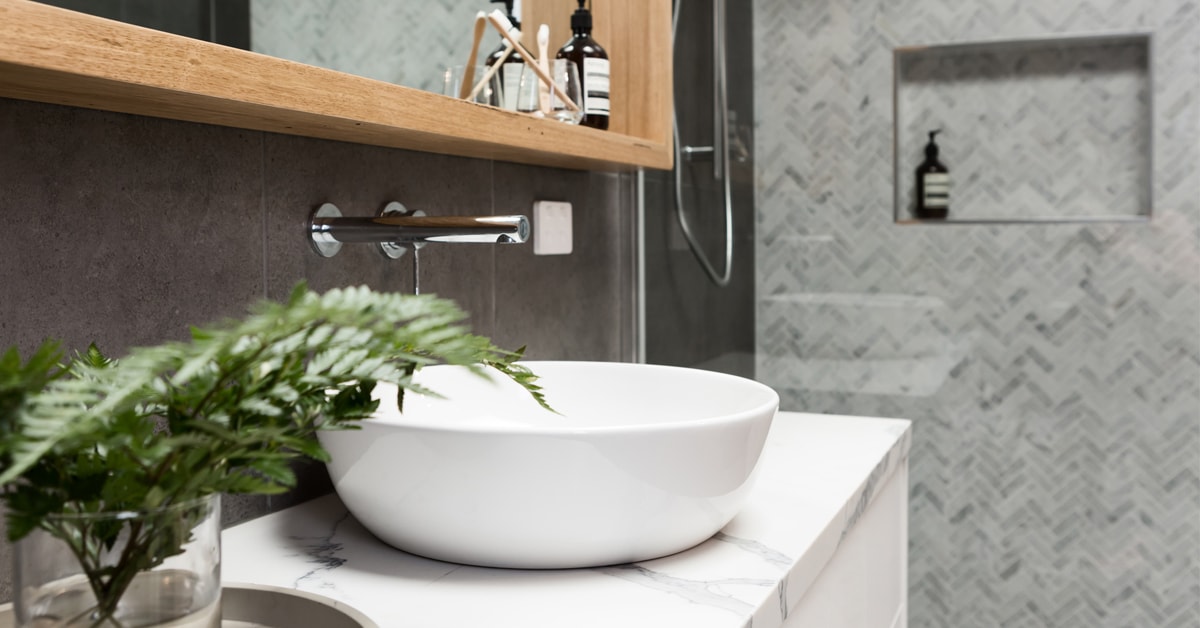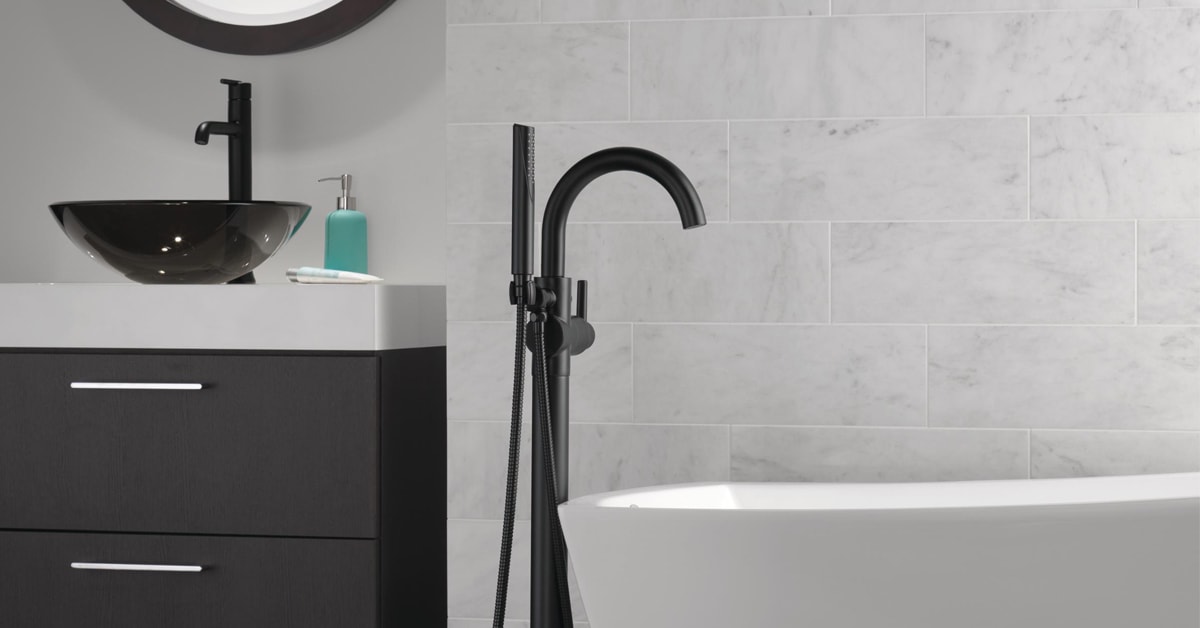Electric, gas or propane
Electric, gas and propane water heater models each present advantages and disadvantages.

Electric Water Heater
An electric water heater has the lowest initial cost and requires little maintenance. Venting is not necessary and there is no cause for worry regarding combustion gases. With electric models, the water heats rather quickly. They can offer high energy factor ratings even though gas-powered models operate with greater fuel efficiency.
Shop now
Gas-Powered Water Heater
The gas-powered water heater has a higher initial cost than the electric models, but uses less energy to operate on a regular basis.
Installation can be slightly more difficult if the original tank was an electric model, as new gas fuel lines and venting to the outside are needed.
Another great benefit is that the gas-powered hot water tank will continue to work during power outages. When selecting this model and installing it yourself, make sure to purchase a sealed combustion or power venting model to increase safety.
Shop nowInstallation can be slightly more difficult if the original tank was an electric model, as new gas fuel lines and venting to the outside are needed.
Another great benefit is that the gas-powered hot water tank will continue to work during power outages. When selecting this model and installing it yourself, make sure to purchase a sealed combustion or power venting model to increase safety.
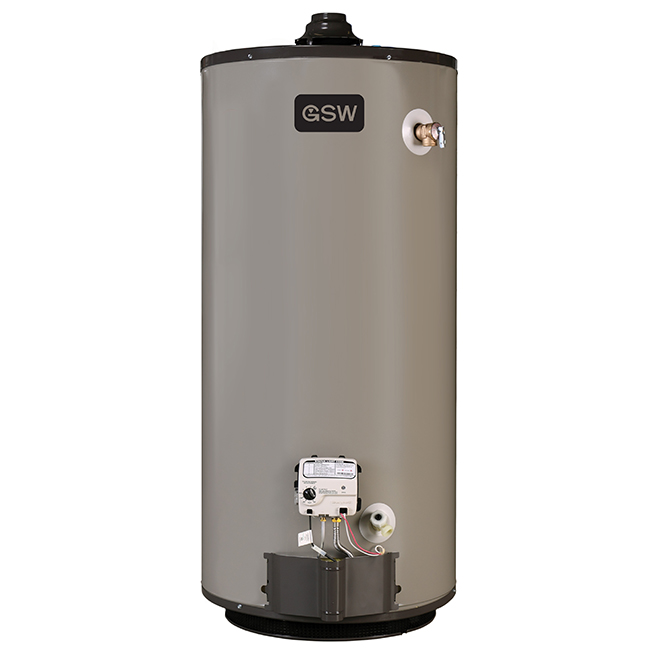
Propane-Powered Water Heater
Propane-powered hot water heaters are still available, but are less frequently purchased. It is as efficient as a gas-powered model and may be useful to the homeowner who wants greater energy efficiency than electric models, but does not have gas lines available to the home.
Shop now









